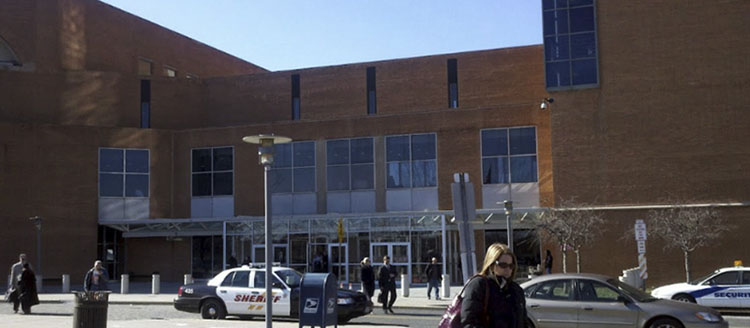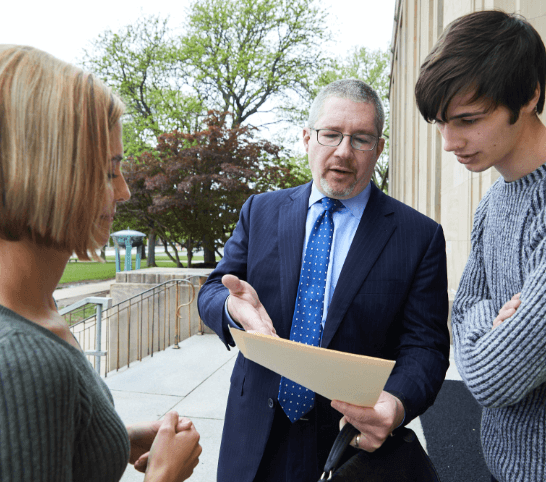The Second Tier of Grand Larceny
What is grand larceny in the second degree?
There are two ways a theft crime can qualify as second-degree grand larceny. First, the value of the stolen property is worth between $50,000 and $1 million. Second, the stolen property, regardless of its value, was obtained by extortion—in other words, by making the victim believe that they were in danger (physical or otherwise) if they didn’t turn over their property.
When The Charge Of Grand Larceny In The Second Degree Applies
There are many types of crime that have been treated as second-degree grand larceny in New York State, and the people charged with the crime come from all walks of life. People have practiced various forms of fraud to receive payments that they’re not entitled to, such as the waste collector who inflated the weight of his collections and billed the local government for the false weight, or the couple who received over $100,000 in Social Security payments by not reporting their income. There are cases of straight-up theft, such as the frame store employee who stole and damaged a customer’s valuable artwork. And there are financial crimes, such as the stock broker who ran a ponzi scheme, taking people’s life savings over a period of several years.
There is no single profile for the people charged with grand larceny in the second degree. Some of these people may seem like cold criminals, but many are just like you—remorseful, scared, or overwhelmed by the criminal charges or the situations they find themselves in. It’s important that you remain as calm as possible and remember that you have rights!
NY PENAL § 155.40: The Charge of Grand Larceny in the Second Degree
The New York State penal code says:
A person is guilty of grand larceny in the second degree when he steals property and when:
- The value of the property exceeds fifty thousand dollars; or
- The property, regardless of its nature and value, is obtained by extortion committed by instilling in the victim a fear that the actor or another person will (a) cause physical injury to some person in the future, or (b) cause damage to property, or (c) use or abuse his position as a public servant by engaging in conduct within or related to his official duties, or by failing or refusing to perform an official duty, in such manner as to affect some person adversely.
Grand larceny in the second degree is a class C felony.
What Can Happen To Me If I Am Charged With Grand Larceny In The Second Degree?
Although less serious than first-degree grand larceny, a conviction of grand larceny in the second degree can carry a prison sentence of up to 15 years. The penalties are increased if you have a previous felony conviction, and prosecutors will often connect this charge to other related charges. However, there is no mandatory prison term for second-degree grand larceny, and if you are a first-time offender, you can be sentenced to probation. It is important that you are represented by an experienced criminal attorney who understands how Suffolk, Nassau, and Queens county prosecutors handle second-degree grand larceny cases, and who can get you the most favorable sentence if you are convicted.
What Should I Do Next?
If you are charged with grand larceny in the second degree in Queens, Nassau, or Suffolk county, remember that you have rights, including a right to a lawyer. Your Long Island criminal defense attorney knows how to defend grand larceny cases, such as by arguing for a lower tier of the charge or by demonstrating that you acted in good faith and didn’t intend to steal. It’s important that you don’t talk about the case with anyone! Contact a lawyer as soon as possible and let the lawyer speak on your behalf.

